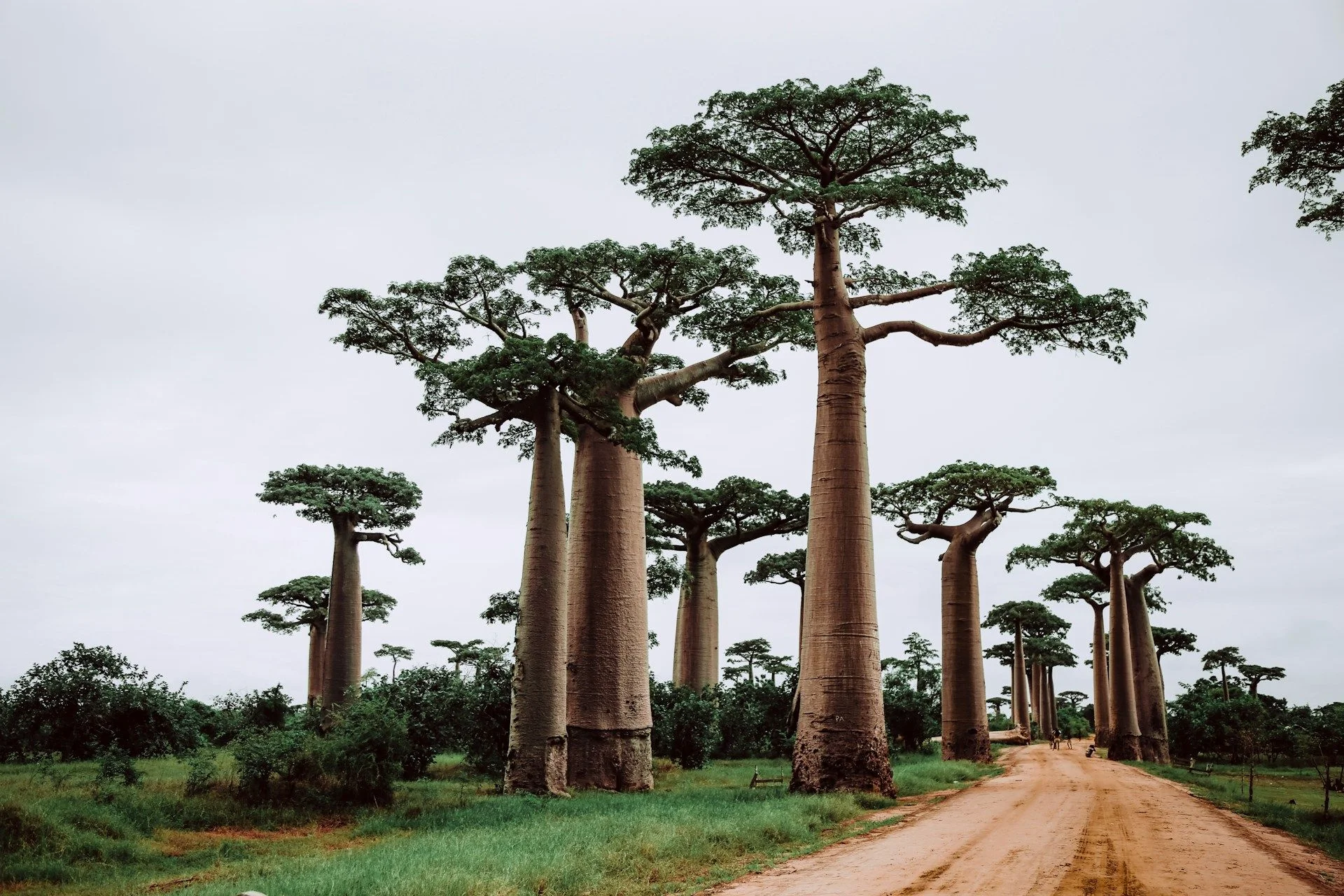Commercial Property Listings in MadagascarIsland life with mountainsmarkets and sea air

Best offers
in Madagascar
Benefits of investment in
Madagascar real estate
Exotic destination with unique appeal
Coastal and eco-tourism areas attract attention from lifestyle buyers and long-stay travelers.
Opportunities in boutique hospitality
Development potential exists for eco-lodges, guesthouses, and resort-style homes.
Natural beauty with long-term potential
Unspoiled landscapes add intrinsic value to well-located properties.
Exotic destination with unique appeal
Coastal and eco-tourism areas attract attention from lifestyle buyers and long-stay travelers.
Opportunities in boutique hospitality
Development potential exists for eco-lodges, guesthouses, and resort-style homes.
Natural beauty with long-term potential
Unspoiled landscapes add intrinsic value to well-located properties.

Useful articles
and recommendations from experts
Investing in Growth: Commercial Real Estate in Madagascar
Navigating Complex Land Rights and Regulatory Environment
Commercial real estate in Madagascar operates within a layered land-tenure system combining state ownership, customary rights and long-term leaseholds. In Antananarivo, investors looking at Madagascar office space must obtain land concessions from the Ministry of Urban Planning and Population, then register titles through the Bureau des Domaines. Outside the capital, informal customary claims—particularly in peri-urban zones—can complicate site acquisition for retail centers or logistics parks. Foreign buyers typically establish a Malagasy SARL (limited liability company) to streamline approvals, access VAT exemptions on new construction and ring-fence liabilities. Engaging local notaries and surveying experts early helps confirm boundary lines and clear encumbrances, reducing the risk of costly title disputes during development.
Regulatory approvals involve securing a Permis d’Exploitation Foncière (land-use permit) and environmental clearance from the Ministry of Environment, Ecology and Forests. Projects in ecologically sensitive regions—such as around Lake Alaotra or near Masoala National Park—require detailed environmental-impact assessments and biodiversity offset plans, adding two to four months to pre-development timelines. However, these approvals unlock sustainable-development incentives and demonstrate compliance with Madagascar’s REDD+ conservation efforts, which can enhance tenant appeal and support higher rent premiums for green-certified buildings.
Securing Finance and Incentives amid Frontier-Market Dynamics
Securing finance for commercial property in Madagascar demands a blend of equity, local banking facilities and development-finance instruments. Domestic banks, like BFV-SG and BNI Madagascar, offer loan-to-value ratios up to 65% for core office towers in Antananarivo’s business districts, but taper leverage to 50% for logistics parks in Toamasina or Mahajanga. Mezzanine debt and preferred-equity options are emerging through pan-African investment funds, helping bridge equity gaps without diluting sponsors’ stakes. To manage currency risk—given the ariary’s volatility—investors often denominate lease agreements in U.S. dollars for key tenants such as multinational agribusinesses and tourism operators.
Madagascar’s Free Economic Zones (Zones Économiques Spéciales) in Toamasina, Mahajanga and Diego Suarez provide critical tax incentives for industrial and logistics investment. Qualifying projects benefit from accelerated depreciation, customs-duty exemptions on imported equipment and reduced corporate tax rates for the initial five years. These incentives can boost after-tax yields by relative margins, making Madagascar logistics parks more competitive compared to regional peers. Early alignment with zone administrators and submission of feasibility studies streamline grant applications and secure priority access to infrastructure support.
Investors should also explore development-finance partnerships with multilateral institutions such as the African Development Bank and the World Bank’s IFC, which offer concessional loans and political-risk guarantees for Madagascar investment opportunities. Layering these facilities with sponsor equity and local credit lines reduces overall cost of capital and mitigates sovereign-risk exposure, enabling more ambitious mixed-use and hospitality schemes in secondary markets.
Optimizing Location: Infrastructure Upgrades and Tenant Demand
Infrastructure improvements are reshaping the value proposition of commercial real estate in Madagascar. The rehabilitation of the RN2 highway between Antananarivo and the port of Toamasina has cut transit times by up to 30%, unlocking potential for modern logistics parks and distribution centers. In the capital, the new Ivato Business Park—adjacent to the upgraded Ivato International Airport—caters to aviation-linked corporate tenants seeking plug-and-play Madagascar office space with seamless global connectivity. Retail investors are monitoring the ongoing expansion of the Ankorondrano urban expressway, which is opening up land for suburban shopping malls in Andraharo and Ambodivona, where comparative affordability drives yield spreads several percentage points above the city center.
Tenant profiles vary by region: in Antananarivo, multinational NGOs and fintech ventures demand Grade A office suites with high-speed internet and reliable power backup; in Nosy Be, boutique retail outlets and airport hotels cater to high-spending tourists; while in Mahajanga, light-industrial users and agro-export processors seek bonded-warehouse facilities near the new container terminal. Mixed-use complexes that integrate retail arcades, co-working lounges and short-stay serviced apartments meet the evolving needs of business travelers, expatriate professionals and digital nomads, delivering diversified income streams and smoothing seasonal cash-flow fluctuations.
Value-add plays include converting underused colonial warehouses in Toamasina’s port district into climate-controlled logistics hubs, installing solar-PV systems and water-harvesting to reduce operating costs and secure green certifications, and retrofitting existing office blocks in Antsirabe with modular fit-outs to capture growing demand for flexible workspace. By aligning site selection with confirmed infrastructure roll-outs and tailoring asset specifications to tenant requirements—from Madagascar retail investment malls to export-oriented logistics parks—investors can build resilient, income-producing portfolios that capitalize on the country’s strategic geographic position and long-term growth trajectory.
